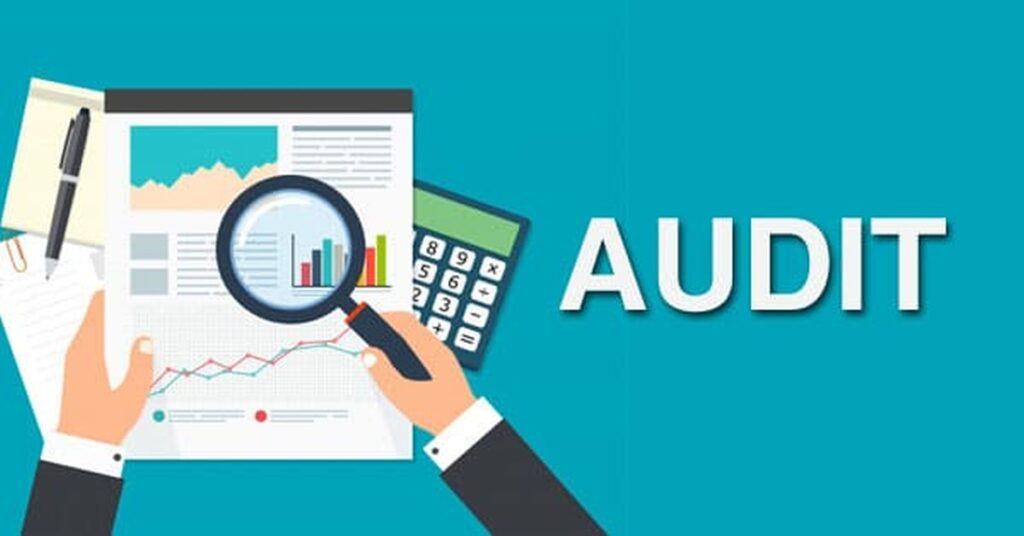Online Revenue Tracking
Online Revenue Tracking, Yes, online content creators can be subject to tax audits. A tax audit is a process carried out by tax authorities to ensure that individuals and businesses are accurately reporting their income and expenses, as well as complying with tax laws. Online content creators, who earn income through various digital platforms, are not exempt from these audits.
The tax audit for online content creators involves a thorough examination of their financial records, transactions, and sources of income. This may include analyzing earnings from advertisements, sponsorships, affiliate marketing, and other monetization methods commonly use by content creators. Tax authorities may also scrutinize expenses claimed as deductions to verify their legitimacy.
It’s important for online content creators to maintain accurate and details records of their earnings and expenses, as these records play a crucial role during a tax audit. Failure to comply with tax regulations or discrepancies found during the audit process could lead to penalties, fines, or even legal consequences.
In summary, online content creators are not immune to tax audits, and it’s essential for them to understand their tax obligations, keep meticulous financial records, and ensure accurate reporting to avoid any issues during the audit process. Being proactive and transparent in their financial dealings can help content creators navigate the tax audit process more smoothly.
FAQs:
To visit: https://www.mca.gov.in/

